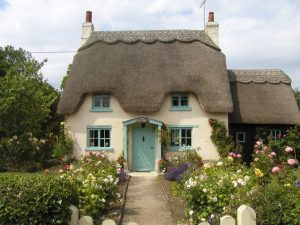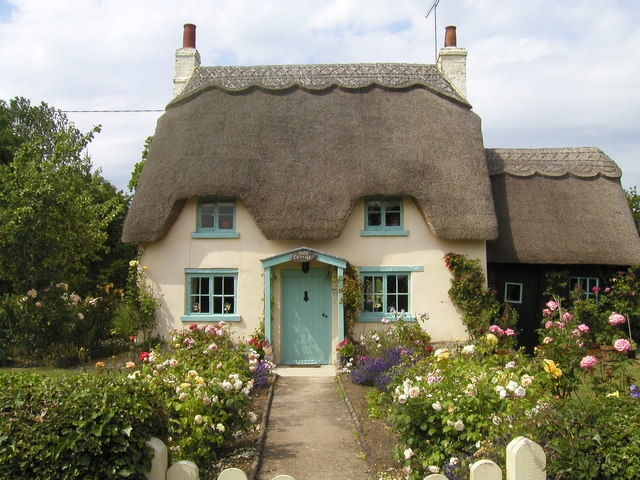The five types of non-standard homes for which mainstream banks are reluctant to offer mortgages have been revealed.
 The properties picked out by Pete Ball of specialist lender Together are those which are most regularly turned down for a mortgage because they are considered too risky.
The properties picked out by Pete Ball of specialist lender Together are those which are most regularly turned down for a mortgage because they are considered too risky.
He said: “Because most traditional lenders have a highly automated and very strict criteria when it comes to their mortgage approvals process, any properties that are slightly offbeat or don’t tick all the boxes in their definition of what constitutes a standard house are unfortunately met with a rejection letter.”
Penthouse
If you are looking at buying a penthouse or a flat or apartment which is higher than the sixth floor, this will immediately ring alarm bells with mainstream banks, said Ball.
While buyers will see panoramic views, exclusivity and luxury in a Penthouse, lenders see added risks and costs and are often reluctant to provide mortgages as a result.
Thatched cottage
Traditional thatched cottages are also a turn off for high street lenders who are nervous about the roofs.
The specialist materials used to make them are perceived as being more susceptible to fire, are more expensive to maintain and require replacement every eight to ten years. Ball said this reduces the investment appeal and long-term value.
Grand Designs
Likewise, if you are considering other properties down the unconventional route, you might also face barriers from mainstream lenders.
Ball said quirky buildings inspired by TV shows like Grand Designs make the banks nervous. He explained: “Unfortunately, the high street banks have not kept up with the pace of change here, instead choosing to make their mortgage approval decision on how dominant a certain construction method is in a specific location.
“If it’s seen as rare or unusual for the area, it’s more likely to affect saleability in the future and therefore is too much of a risk for most lenders.”
Ex-council
Ex-council houses, meanwhile, are also among the list of homes the mainstream lenders don’t want you to buy. The majority of lenders, said Ball, are reluctant to provide mortgages on these homes – particularly if more than half the properties in the vicinity are still under local authority ownership.
This is because they are deemed to have less value potential than similar homes in more aspirational neighbourhoods.
Above a shop
Lenders are also cautious about approving mortgages for semi-commercial properties above retail units because they are often considered to be harder to resell, especially in a slow housing market.
According to Ball, the majority of denied mortgages are for properties above restaurants or fast-food outlets because of the increased risk of fire.
Tips for non-standard home buyers
Ball said if you are considering buying one of these homes it’s important to know what you are getting into first, so ask the previous owners for information on costs of building maintenance and home insurance.
Having a larger deposit will also put you in with a better chance of being approved as you will be taking on more the risk yourself.
Speaking to an independent mortgage broker will also give you a better idea of which lenders are more flexible. But, equally, asking the current owner who their mortgage is with will provide you with the name of a lender who is familiar with the property. Or you could go direct to one of the specialist lenders who regularly approve mortgage applications on more unusual properties.














